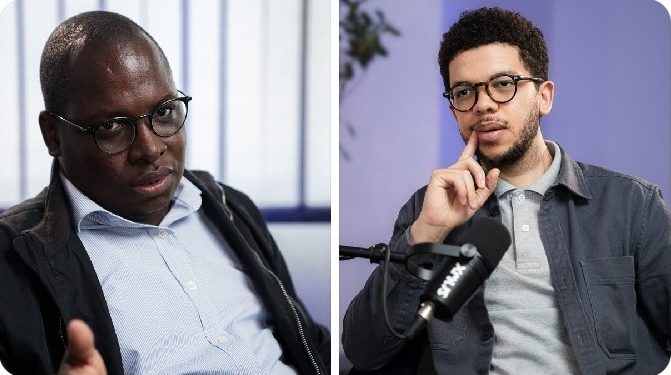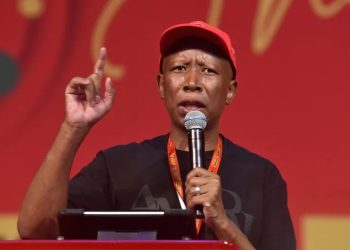- In a revealing interview, political journalist Samkele Maseko analyzed the ideological rift between the Economic Freedom Fighters (EFF) and Umkhonto we Sizwe (MK), calling it a clash over South Africa’s liberation legacy.
- Maseko assessed the potential of a Government of National Unity (GNU), warning that while popular, it might only offer a temporary solution to the ANC’s leadership crisis.
- The journalist highlighted the significance of the ANC’s upcoming national conference, describing it as a pivotal moment in determining the party’s future leader and restoring unity amid deep divisions.
One of South Africa’s foremost political journalists, Samkele Maseko, recently delivered a powerful interview that delved into the complexities of the country’s political landscape, providing an insider’s view on the tensions within the African National Congress (ANC), the fallout between the Economic Freedom Fighters (EFF) and Umkhonto we Sizwe (MK) veterans, and the ANC’s uncertain leadership succession.
Maseko, who has earned respect as a political analyst for SABC News, shared his views on the escalating dispute between the EFF and MK veterans, describing it as “a battle for South Africa’s post-apartheid legacy.” This rift, he noted, is not merely about personalities but is rooted in divergent ideologies. “The fallout between the EFF and MK is a reflection of deeper ideological rifts, particularly around how the liberation struggle is remembered and the direction South Africa should take,” Maseko explained. MK veterans have accused the EFF of leveraging the liberation struggle for political gains, intensifying a narrative clash that has dominated recent discourse.
The discussion also covered the possibility of a Government of National Unity (GNU), an idea that has grown popular in response to dissatisfaction with the ANC’s leadership. Maseko cautioned that while a GNU could bring short-term stability, it might not address the underlying issues that fuel the ANC’s current dysfunction. “A GNU could end up as an unstable compromise, sidestepping the deep-rooted challenges that the country faces,” he argued.
Finally, Maseko addressed the crucial question of ANC succession, emphasizing the importance of the upcoming ANC national conference in determining the future of the party. With multiple factions vying for influence, the ANC’s leadership struggle is as much about unifying a fractured party as it is about finding a leader capable of restoring public trust. “The future of the ANC hinges on their ability to select a leader who can bring unity and credibility back to the party,” Maseko said, describing the ANC’s leadership challenge as a matter of survival.
For those keen on South African politics, Maseko’s interview provided a rare glimpse into the forces shaping the nation’s political future. His insights, deeply informed by experience, offered a provocative yet balanced view of the country’s turbulent political landscape.






















